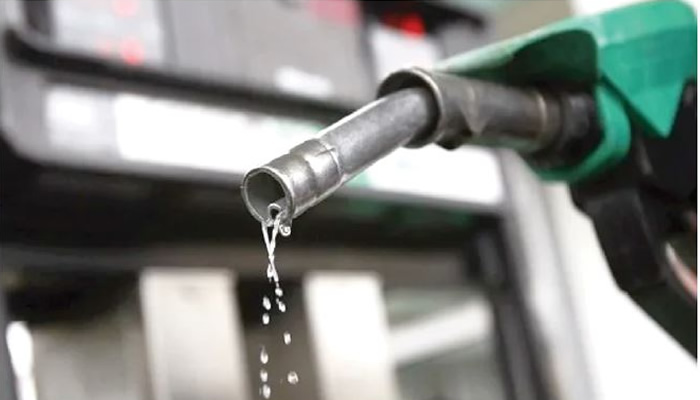Over 4,900 petrol retail outlets have closed operations across Nigeria as independent petroleum marketers scale down or shut businesses due to mounting financial losses and volatile fuel prices, stakeholders in the downstream sector have revealed.
The closures, they say, are primarily due to frequent and unpredictable changes in the pump price of Premium Motor Spirit (PMS) sold by both the Dangote Petroleum Refinery and PMS importers. The refinery, valued at $20 billion, has adjusted petrol prices at least six times between January and April 2025, initially pegging the price at ₦950 per litre before gradually lowering it to ₦835.
Mass Closures and Cost-Sharing Survival Tactics
Findings by The PUNCH on Wednesday indicate that many marketers are drastically cutting down on product volumes, with some now pooling resources to afford a single truckload of fuel. Those lacking the financial capacity to adapt have been forced to shut down entirely.
Following the removal of petrol subsidies and full deregulation of the downstream sector in October 2024, the market has witnessed intense competition between the 650,000 barrels-per-day Dangote Refinery and fuel importers—each trying to dominate the newly liberalized space.
But rather than fostering efficiency, marketers say the deregulated environment has been marked by unregulated pricing, erratic supply logistics, and a lack of transparency from major refiners, all of which have destabilized smaller players.
PETROAN: 70% of Retailers Have Closed
The Petroleum Products Retail Outlets Owners Association of Nigeria (PETROAN) confirmed that more than 70% of its 7,000 members have shut down.
“Over 4,900 outlets are no longer operational,” said PETROAN President Billy Gillis-Harry. “This is largely due to our inability to secure bank loans and the losses from rapid price changes. You could purchase a product at a certain rate, and before it reaches your station, the price may have dropped, making you incur huge losses.”
He noted that many surviving operators now source fuel from alternative suppliers offering flexible terms to cushion market shocks.
“We’re Calling for Intervention”
Gillis-Harry expressed concern over the ongoing price instability at the Dangote Refinery, calling for urgent government intervention to avoid widespread product shortages.
“It’s difficult to understand these fluctuations from our refining giant. We foresee a situation where liquidity to stock or restock could disappear entirely, triggering fuel scarcity and even higher prices.”
Tank Farm Operators Also Hit
The crisis isn’t limited to retailers. Earlier reports revealed that more than 70 of the country’s 120 approved tank farms are now dormant. Many marketers are increasingly bypassing these facilities in favor of direct truck loading options, leaving expensive storage infrastructure idle.
IPMAN: Marketers Losing Up to ₦1m Per Truck
The Independent Petroleum Marketers Association of Nigeria (IPMAN) also raised alarms over massive losses. The association’s National Publicity Secretary, Chinedu Ukadike, said fluctuating prices and persistent logistics challenges have deeply affected members’ operations.
“Our recent internal review shows marketers are losing between ₦300,000 and ₦1 million per truck due to price drops during transit delays,” Ukadike said. “Truck journeys that used to take one day now take up to three days. By the time the fuel arrives, the price may have dropped, leaving us to sell at a loss.”
He explained that this situation has made bulk purchasing unfeasible. “Marketers now join funds—sometimes three to a truck—just to stay afloat. We no longer take large volumes; we operate on a skeletal basis.”
No Financial Cushion
Ukadike noted that independent marketers have no economic buffers to recover losses. “We bear the brunt of price fluctuations because we don’t have stabilisation funds. Unlike other businesses, we don’t change our prices instantly. Any price cut leads to immediate losses we can’t recoup.”
Despite the difficult conditions, IPMAN remains committed to supplying fuel to Nigerians.
“We’re not giving up,” he said. “We’ll continue to serve, even if it means combining forces to stay in business.”
As over 20,000 IPMAN marketers struggle to navigate Nigeria’s unpredictable petroleum landscape, stakeholders are urging regulators to step in and create a more structured and stable environment to prevent a full-blown supply crisis.
